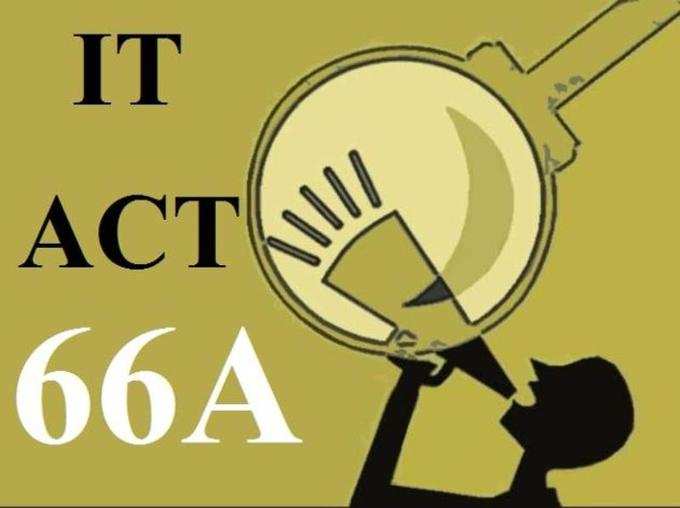
The
“Our Constitution provides for liberty of thought, expression and belief. We now live in a modern digital era and everyone has freedom to express their thoughts. Restricting freedom of speech through section 66A was completely unconstitutional and vague,” said Atul Ranjan, co-founder of SocialViral, a New Delhi based social media marketing agency.
He added that the section was an instrument used by the state authorities for vested interests. “This is a great victory for the common man and the social media industry, empowering them to now express their views freely. People are now protected against unnecessary torture and harassment at the hands of the police. Politicians now cannot misuse this act for their own political agenda and punish those who post anything against them or any particular religion. ”
Sharing his sentiments, ad man Naresh Gupta, managing partner of Bang in the Middle, noted that the section was regressive in nature. “It was regressive to start with and was against the fundamental right of speech. There are existing laws that govern hate and incite full speech. Let them govern with existing laws. This law was draconian,” he asserted.
However, on being questioned about the risk of hate speeches or offensive posts, Gupta quickly added that there should be some regulation, especially when it comes to religious speech. “I don't think we needed 66A for it,” averred Gupta.
Apart from the corporate, the internet industry too has welcomed the judgment. The Internet & Mobile Association of India (IAMAI) has applauded the decision and called this judgment a momentous victory for the 302 million internet users in India.
“This landmark judgment strengthens the safe harbor provisions for Intermediaries contained in the Section 79 of the Information Technology Act. It is specially helpful to smaller companies like Mouthshut.com, who will now not be harassed by the frivolous and mal-intentioned notices of the take down. Both the judgment together will ensure Internet freedom for users and freedom of doing business on part of Intermediaries; thereby ensuring more innovation and investments in the Indian Internet sector,” said Subho Ray, President, IAMAI. Social media giant
Corporate lawyer Sameer Chaudhary, Partner, Sastra Legal, suggested that Sec 66 A was primarily aimed to provide for sending offensive messages through a communication device but the wording of the section was loose and vague, allowing a wider reading of the provision, as it included words like 'grossly offensive' causing 'annoyance' 'inconvenience' and others, which are open to subjective interpretation.
“However the SC has retained Sec 69 B and guidelines for the implementation of the IT act that allow the govt to block sites or remove content that may cause communal disturbance social disorder or affect relations with a foreign country,” he noted.
Interestingly, the terms used in the section above were not defined either in the IT Act, IPC or even the general clauses act and there was no occasion for even the judiciary to interpret them.
Image: Indiatimes.com
Ajay Brahme, founder of Ajay Brahme & Co too called the law as a gag order. “The section was dictatorial and allowed the agencies to misuse their powers. With the decision to repeal the section, these powers have been curbed. To avoid hate speeches or offensive statements, we have Section 504, 505 of the Indian Penal Code to take care of that”, he said.